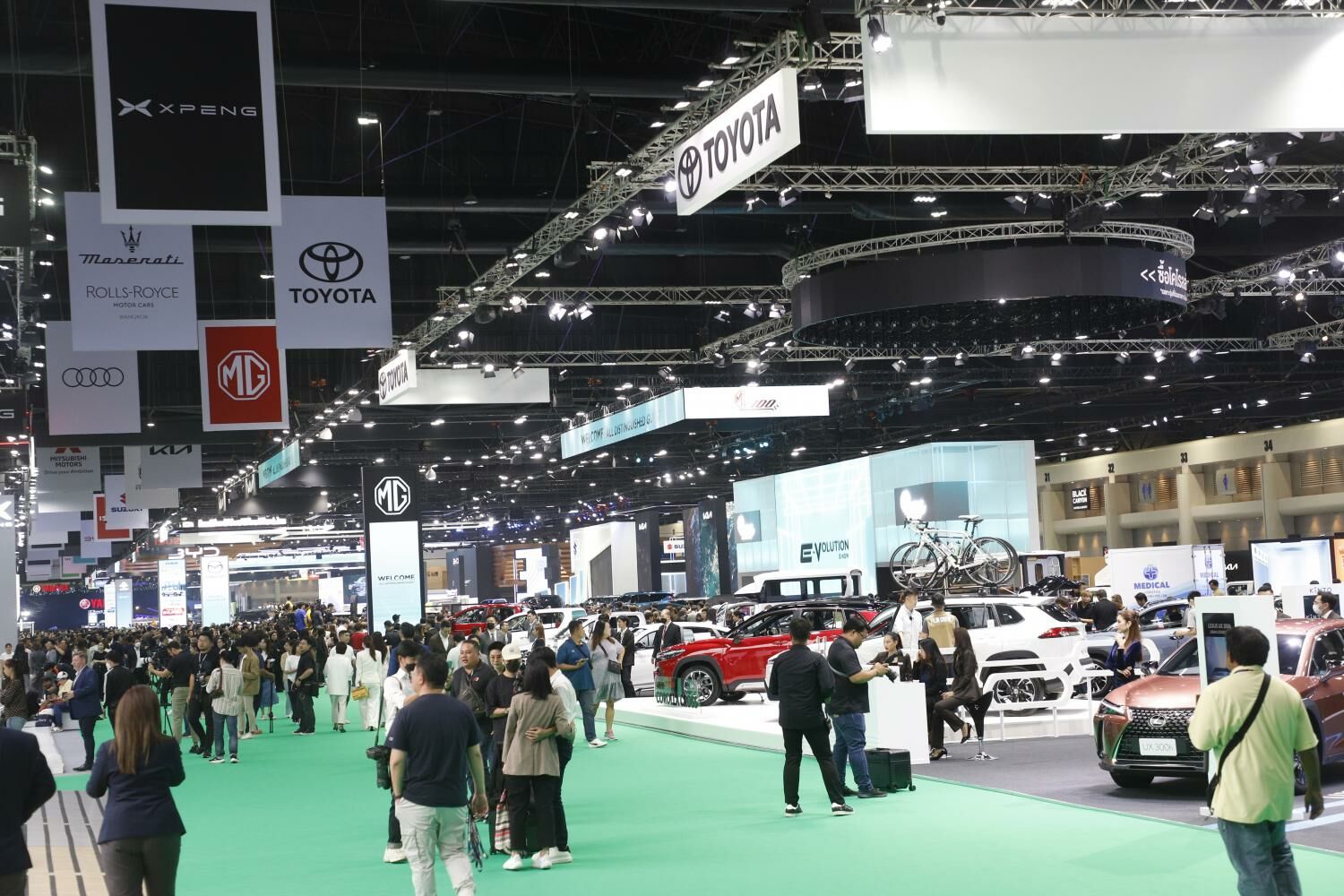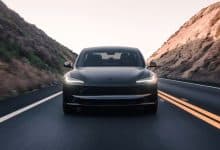Hyundai’s electrifying dismay: Thailand EV sales spark low

Hyundai Mobility Thailand, the Korean automaker’s subsidiary, warns that this year’s electric vehicle (EV) sales in Thailand may fall short of the predicted 130,000 units. The company cites an ongoing price war amongst Chinese EV manufacturers as the primary obstacle, leading to unstable car prices and discouraging potential buyers.
The managing director of Hyundai Mobility Thailand, Wallop Chalermvongsavej, noted the price war as a significant hurdle in the EV market.
“Buyers prefer to wait and see, as they don’t know whether EV prices will keep decreasing.”
The price turbulence began last year when several Chinese firms slashed EV prices to attract potential buyers amidst escalating competition. The move to reduce prices was also driven by the need to clear stock, added Wallop.
Such instability in prices can be detrimental to the EV industry, Wallop warned, as it does not accurately represent customer demand. Hyundai, which positions its EVs in the premium category, initially projected the sale of up to 130,000 EVs this year. However, the recent developments have led the company to revise the estimate to 100,000 units, a significant drop from last year’s total of 80,000 units.
The Thai EV market’s exponential growth resulted from a series of government incentive packages aimed at stimulating EV production and consumption in the country. Despite this, Wallop predicts that EV sales will secure a market share of 10 to 15% of domestic sales in Thailand, where internal combustion engine (ICE) cars are still the primary choice.
The launch of new EV models by car companies should help increase the proportion of EV sales, Wallop suggested. Last year, total domestic car sales, including ICE and electric cars, reached 780,000 units.
However, the first two months of this year saw a slump in car sales, with a 21.9% year-on-year decrease to 107,657 units, as reported by the Federation of Thai Industries’ Automotive Industry Club. This fall is largely attributed to banks imposing stricter criteria for car loans due to the increasing likelihood of non-performing loans as household debt levels rise, reported Bangkok Post.
Despite these challenges, Hyundai has set a sales target of 1,500 EVs for this year and 1,000 for 2025. The company has also introduced a payment plan for its customers, extending installment periods from five to eight years.
Hyundai recently launched its Ioniq cars, which feature car seats made from recycled polyethylene terephthalate bottles and eco-friendly upholstery created from sea waste.
Latest Thailand News
Follow The Thaiger on Google News:


























